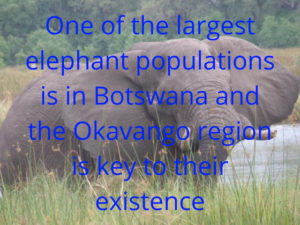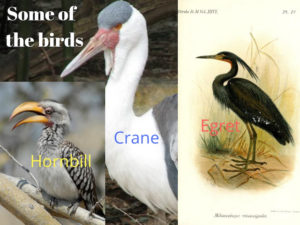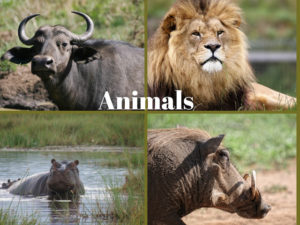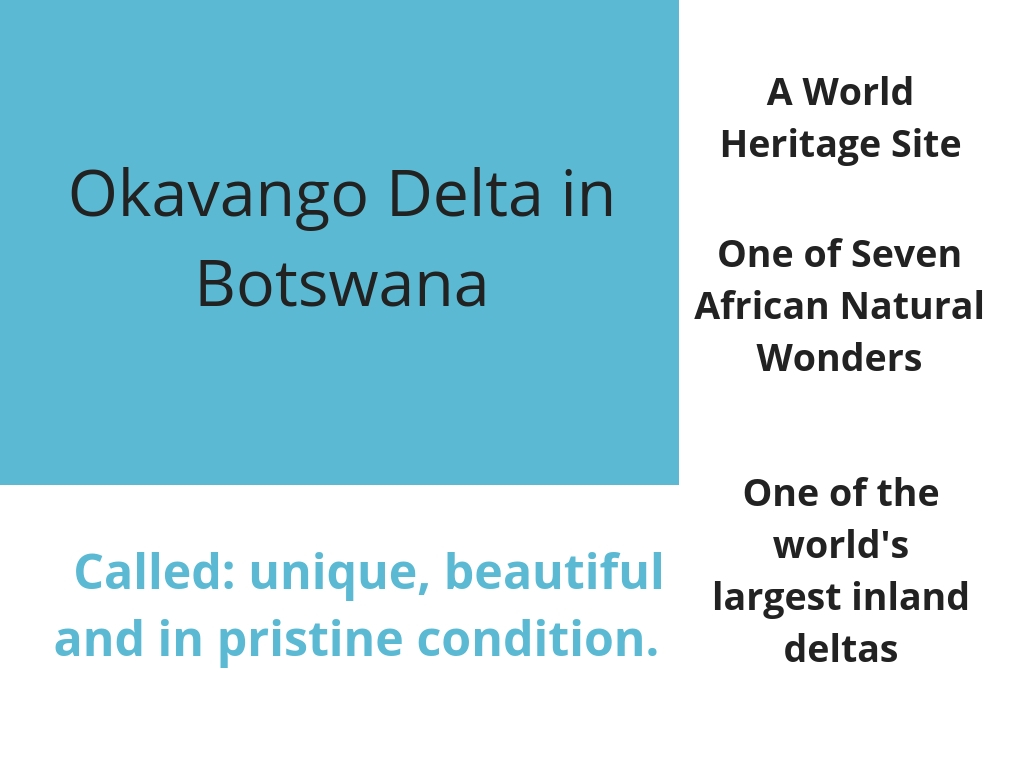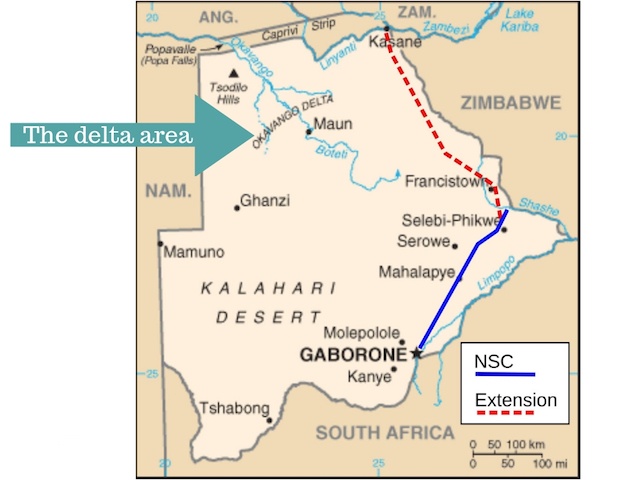Could be at risk
Development in areas like this is always the concern and in this case, potential projects from the country of Angola where the water originates could be damaging to the wetland.
The Wetland
Nature they say, "is our greatest teacher." In a journey to explore the delta region that has a coverage of over 1,200 kilometers, Steve Boyes a conservation biologist in collaboration with National Geographic embarks on a field study of the area over a period of several years. Not an easy task or without danger but done to collect data and understand these wilderness areas to help preserve them.
The decline of wetland areas and the heightened awareness to protect such ecosystems is more evident than ever before. What makes the Okavango unique is its geological makeup, the seasonal weather changes that flood the wetland, the plant and animal life that rely on the system and the workings of nature's harmonize balance.
The Okavango Delta is unusual because during the rainy season it floods and flows into the Kalahari Desert, not into the sea or ocean and creates a vast wetland. Migrating animals cross from the hot desert sands into an abundance of freshwater. Nature's handy work provides and sustains the habitat.
